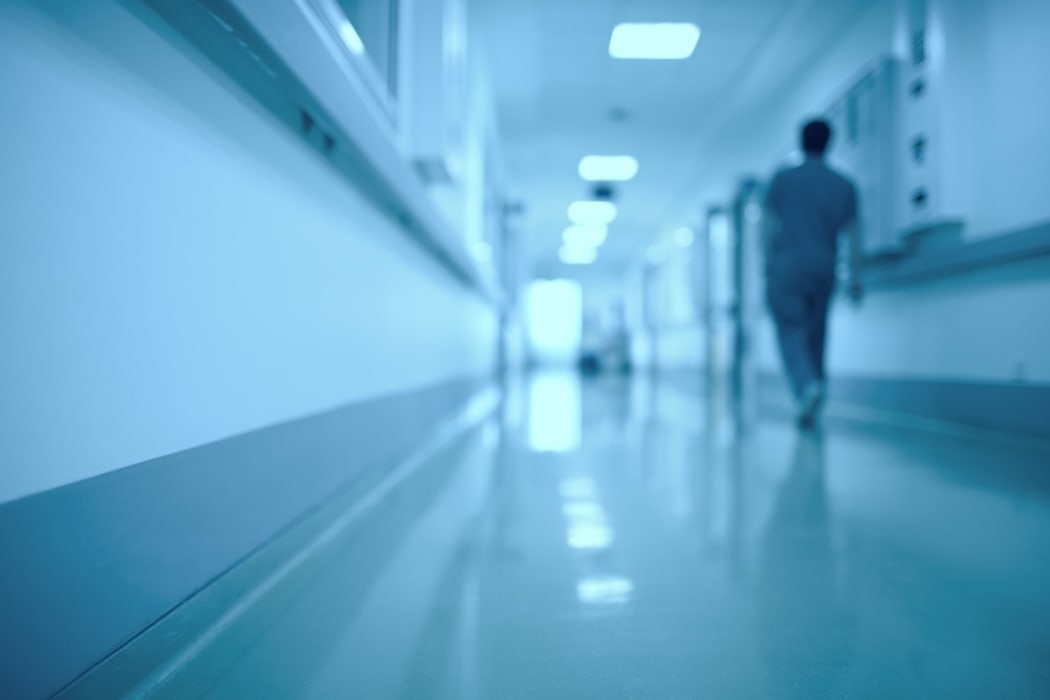More than a third of senior doctors and dentists working in public health say they've been bullied.

Bullying occurs most often for certain groups such as overseas-trained doctors, women and those aged 40 to 59. Photo: 123RF
More than two-thirds have seen others being bullied and some have been told off if they showed sympathy for the victim.
The medical professionals were surveyed by the Association of Salaried Medical Specialists (ASMS) in June. The response rate was 41 percent, which ASMS principal analyst Charlotte Chambers, who carried out the study, said was high by international standards for such a sensitive topic.
Bullying behaviour ranged from violence, threats and intimidation through to humiliation, persistent criticism, allegations, gossip, exclusion and excessive monitoring at work.
Do you have a story to share? Send us an email: iwitness@radionz.co.nz
It was strongly associated with high workplace demands, and low peer and non-clinical managerial support.
Bullying occurred most often for certain groups, such as overseas-trained doctors, women and those aged 40 to 59.
It was most common in emergency medicine, and general and specialist surgery.
One doctor told the survey: "I sometimes dread going to work. I am wondering what is going on behind my back. I wonder why certain changes are made in my schedule. I wish I was included in knowing what is happening in our department. There are various 'cliques' and the behaviour between these is elitist (for no particular reason as we are a rural hospital). I receive no acknowledgement, praise or support for any work I do, but judgement, silence and exclusion ..."
This person said they "do a lot of reflection to examine myself to see what part I contribute and pray every day that what I do and say will be acceptable".
Another said: "There are multiple physicians in the Auckland Region who are well known for their bullying behaviour and yet NO ONE stops them. They continue to bully and harass both RMOS [Resident Medical Officers or junior doctors] and SMOs (Senior Medical Officers or senior doctors] and it seems the system/people in it are resigned to their existence and just accept it ..."
Yet another said they see non-medical staff being bullied by the same clinical manager that bullies them. "It is actually worse in some ways to see it happening to other people. As an SMO, I feel it is my role to advocate and protect staff in my team. But this is what angers management the most. It is about power and control... Patients would be terrified if they knew the truth - that managers have so much control over clinical matters that they have minimal expertise in."
Forty-nine survey respondents said the bullying they had experienced had had limited impact on them. Three reported having dealt with the bullying personally, but how exactly was not described.
"By contrast, 64 individuals described how the bullying had led to them either contemplating or making plans to leave medicine, and 58 comments said bullying had caused significant stress in their lives."
One said they had lost confidence in themselves as a doctor and a person. "I am very anxious about work. This affects my sleep, which makes me worry more, about whether I will be able to function at 100 percent. I find it harder to trust people in general, and am more defensive... I am less patient with my children, as I feel so stressed. It feels like being trapped in an abusive relationship."
The New Zealand Medical Association (NZMA) said it found the survey's findings "deeply disappointing and distressing".
It noted the high-pressure environment in which medical staff work - lack of resources, staffing shortages and long working hours - was a contributor to the bullying but was no excuse.
"Our Code of Ethics is also very clear on this: doctors have a responsibility to behave cooperatively and respectfully towards team members, and a responsibility to assist colleagues under stress. This sort of behaviour is bad for individual doctors, for our profession and for patients."






